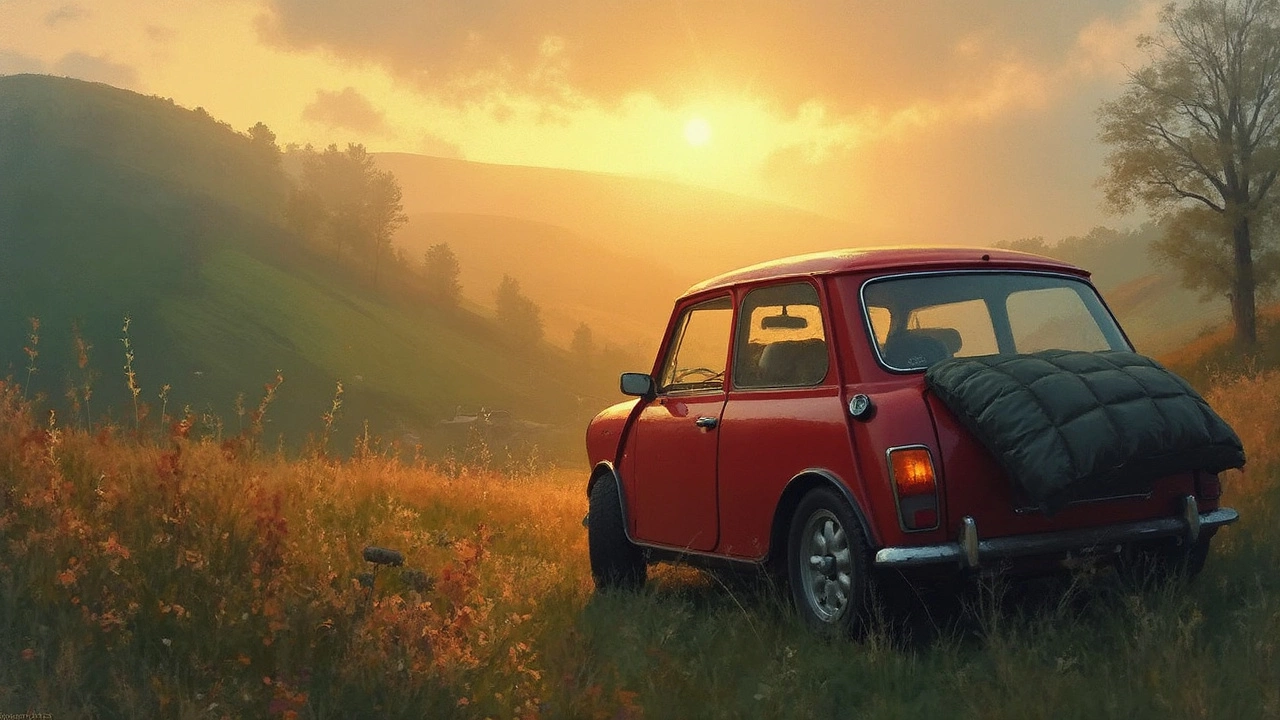UK Car Sleeping: Practical Tips and Where to Do It Safely
If you’re wondering whether you can just pull over and crash in your car for the night, the short answer is yes – but only if you know the rules and pack the right gear. In the UK, you’re allowed to sleep in your vehicle on most public roads as long as you aren’t causing a danger or blocking traffic. That means choosing a safe, well‑lit lay‑by, a service station, or a designated motorhome pitch. Avoid quiet residential streets that have ‘no overnight parking’ signs – a ticket is not worth an extra night of sleep.
Legal basics you need to know
First, check the local council signs. Many towns have clear markings that say ‘No Overnight Parking’ or ‘No Sleeping in Vehicles’. If you see those, move on. On motorways and A‑roads you can park at service areas for a few hours – they’re built for drivers needing a break. Some national parks allow car camping in designated areas, but you’ll usually need a permit. When you’re unsure, a quick phone call to the council office can save you a fine.
Stealth camping – pulling into a hidden spot and staying low‑key – is popular, but it’s a grey area. If you’re caught, you might get a warning or a fine. The safest stealth move is to park where other cars normally sit, keep the lights off, and leave before sunrise. Remember, you’re not allowed to stay longer than a night or two in the same spot without permission.
Gear that makes car sleeping comfy
Comfort starts with a good mattress. A simple inflatable sleeping pad fits most car boots and gives you a flat surface. Pair it with a warm blanket or a sleeping bag rated for 5‑10°C – UK nights can get chilly even in summer. Window covers are a game‑changer: blackout curtains or reflective sunshades keep the light out and add a bit of insulation.
Ventilation is key. Crack the windows a little, or use a thin accordion opening to let fresh air in without letting rain in. A portable fan that runs on a 12‑volt plug can help on hot nights. Don’t forget a small LED lamp for reading and a power bank for phone charging.
Safety-wise, keep a basic first‑aid kit, a fire extinguisher, and a portable carbon monoxide detector if you plan to run a heater. Never run a diesel heater while sleeping unless it’s specifically designed for indoor use – the risk isn’t worth it.
When you arrive at a spot, do a quick scan. Make sure the ground is level, there’s no risk of flooding, and you’re not blocking any driveway. If you’re at a service station, stick to the designated parking bays and respect any time limits.
One extra tip: plan your route so you finish the day near a safe spot. That way you don’t scramble for a place when you’re tired. Apps like Park4Night or AllStays can show you the nearest legal car‑sleeping locations, complete with user reviews.
Car sleeping can be a cheap and flexible way to explore the UK. With the right preparation you’ll stay comfortable, avoid fines, and wake up ready for the next adventure. Happy travels!
-
 VIEW POST
VIEW POSTIs It Legal to Sleep in Your Car in the UK: Camping Rules You Need to Know
Mar, 23 2025|0 CommentsSleeping in your car might seem like a simple solution when you're exploring the UK, but the legalities can be tricky. Depending on where you park, the rules can vary. In some areas, it's perfectly legal, while others might hand you a fine. It's important to know the local regulations and respect private property to avoid any trouble. This article explores everything you need to know about catching some Z's in the comfort of your car while touring the UK.